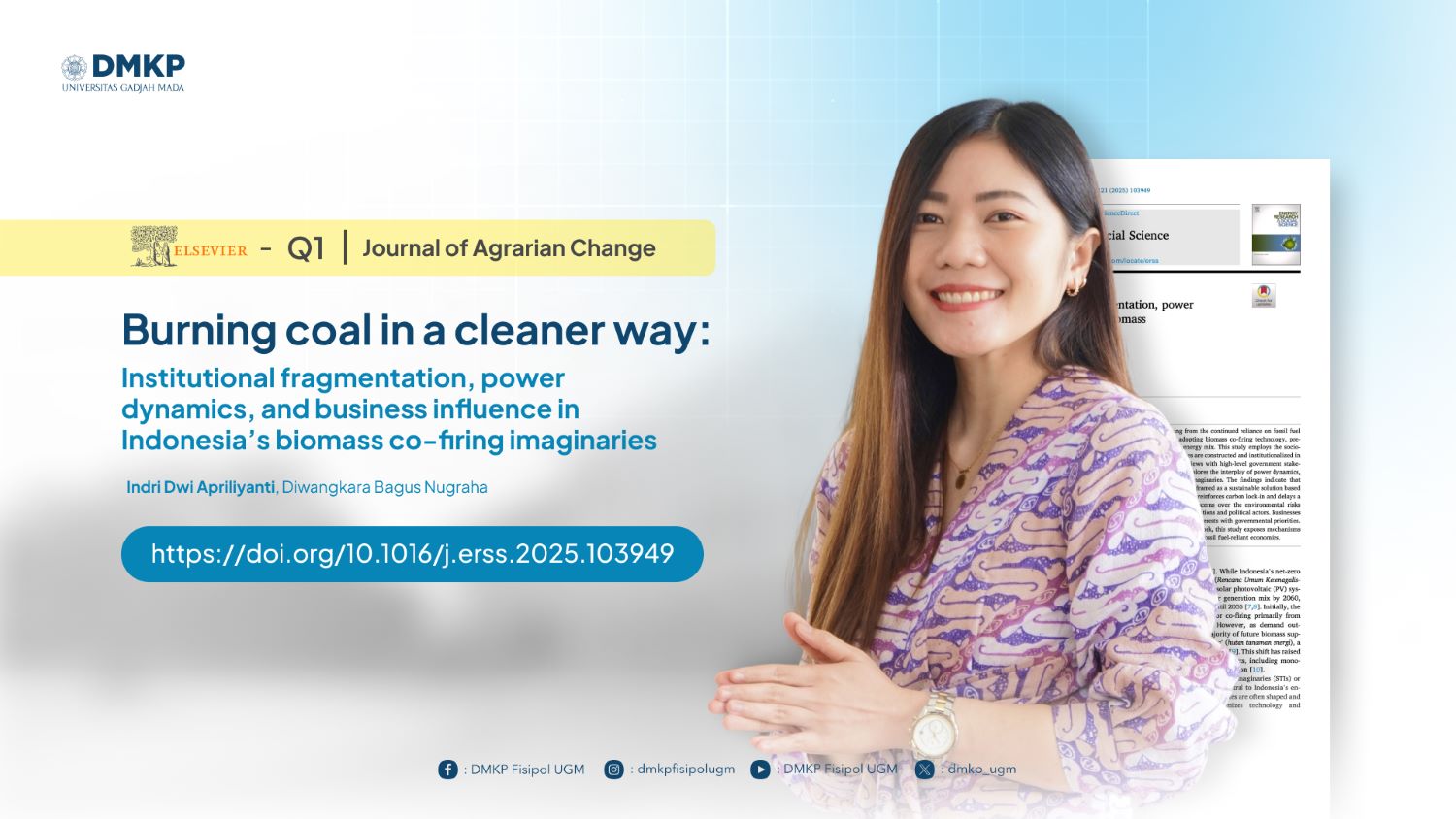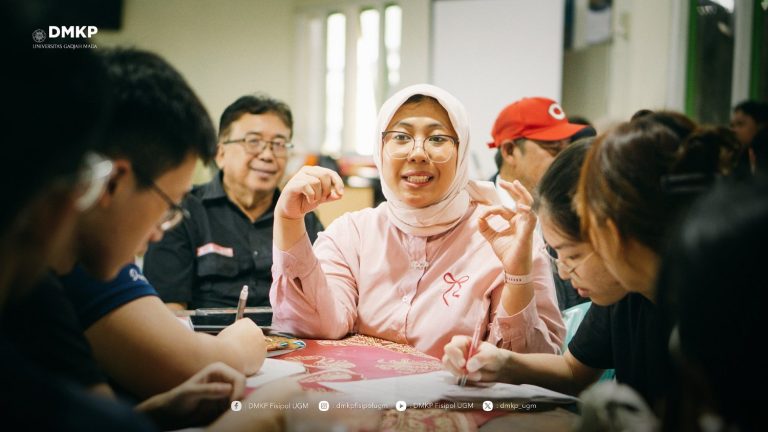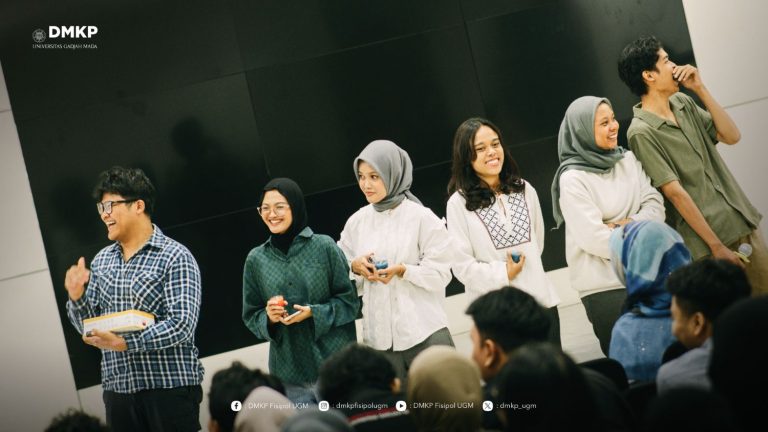Author
Indri Dwi Apriliyanti, Diwangkara Bagus Nugraha
Abstract
Energy transitions worldwide often encounter challenges stemming from the continued reliance on fossil fuel systems. Indonesia aims to sustain its coal-fired power plants by adopting biomass co-firing technology, presenting it as a strategy to increase renewable energy’s share in the energy mix. This study employs the sociotechnical imaginaries (STIs) framework to analyze how these imaginaries are constructed and institutionalized in policy-making. Through document analysis and semi-structured interviews with high-level government stakeholders, a state owned enterprise, and a business player, the research explores the interplay of power dynamics, institutional fragmentation, and business influence in shaping these imaginaries. The findings indicate that biomass co-firing perpetuates Indonesia’s coal-dominated energy regime, framed as a sustainable solution based on affordability, energy security, and economic development. However, it reinforces carbon lock-in and delays a transformative shift to renewables. Competing imaginaries, such as concerns over the environmental risks associated with biomass supply chains, are marginalized by dominant institutions and political actors. Businesses are instrumental in promoting energy plantation forests by aligning their interests with governmental priorities. By integrating political economy and power dynamics into the STIs framework, this study exposes mechanisms sustaining systemic inertia, and highlights barriers to energy transitions in fossil fuel-reliant economies.
Keywords
Biomass co-firing, Sociotechnical imaginaries, Energy transition, Path-dependency, Carbon lock-in, Political economy, Power dynamics, Institutional fragmentation
Access link:
https://doi.org/10.1016/j.erss.2025.103949





